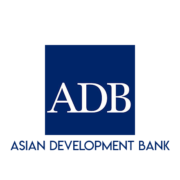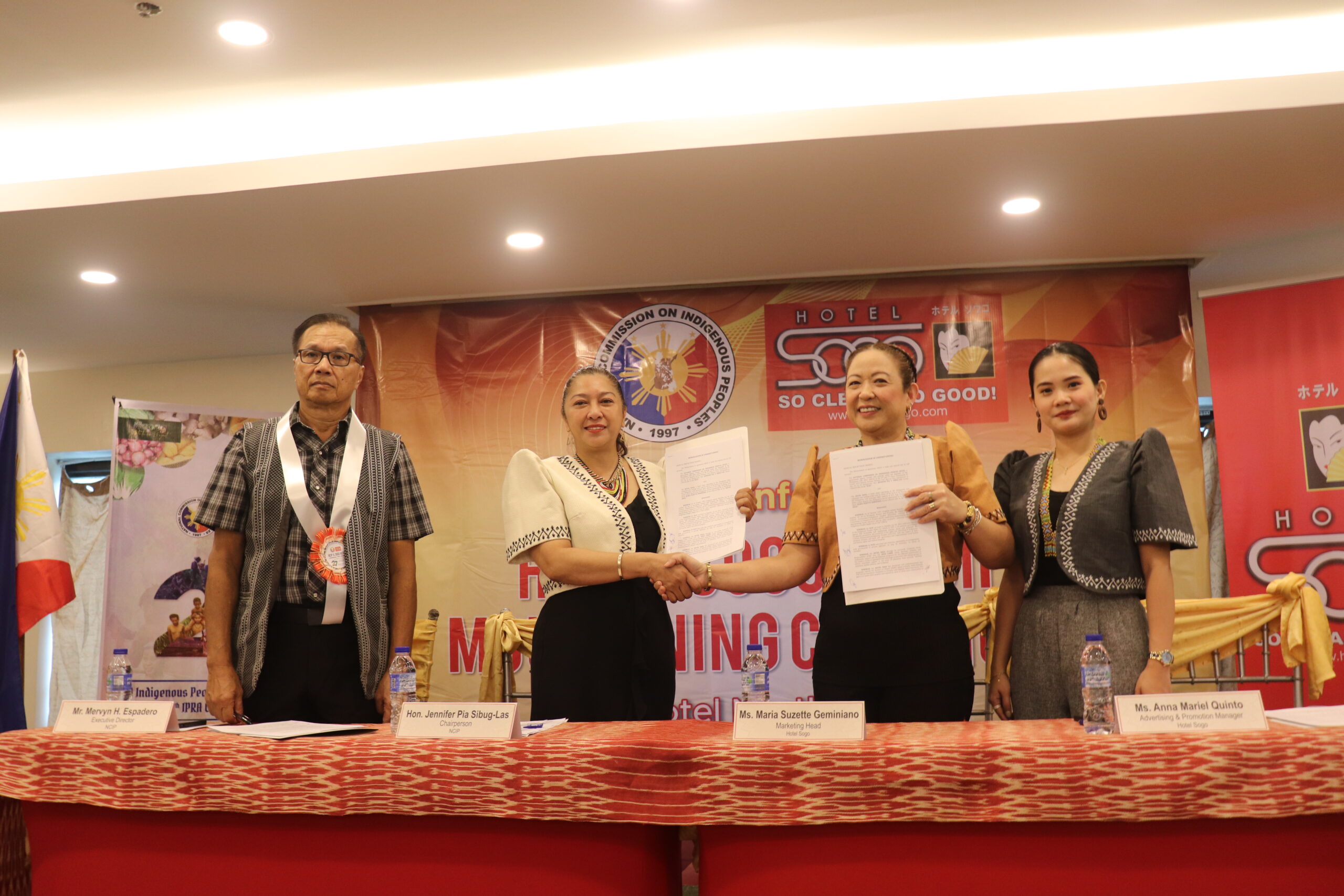MANILA, PHILIPPINES (2 October 2018) — More than 800 gathered today at the Asian Development Bank (ADB) headquarters in Manila for the opening of the Asia Water Forum 2018, focusing on “Information, Innovation, and Technology.” The forum—the fifth held at ADB headquarters since 2002—provides a platform to share knowledge and experiences to help ensure water security for the Asia and Pacific region. Participants included government officials, water and development professionals, and representatives from the private sector, academia, civil society, and media.
ADB President Mr. Takehiko Nakao, former Prime Minister of the Republic of Korea Mr. Seung-Soo Han, Chairperson of the Board of Governors of the Indian Council for International Economic Relations Ms. Isher Judge Ahluwalia, and Chief Executive Officer of Suez Consulting Ms. Annelise Avril took part in the opening plenary panel on “Innovating the Future of Water.” ADB Vice-President for Knowledge Management and Sustainable Development Mr. Bambang Susantono gave opening remarks.
“About 300 million people in the Asia and Pacific region do not have improved access to water and 1.7 billion lack access to basic sanitation,” said Mr. Nakao. “Innovations and new technologies provide the means to help ADB developing member countries advance their water management including river basin management, flood control, and water pollution; and service delivery such as water supply, sanitation, and irrigation.”
This year’s forum features over four days a series of panels, leadership discussions, technical sessions, and workshops. The event is complemented by an exhibition of 48 international firms showcasing the latest water sector technologies and innovations, including artificial intelligence applied to real time river flow forecasting, drone technology for improved irrigation, solar powered pumps, and equipment that generates water from the air.
Water demand in the region is poised to grow by more than half by 2050, leaving up to 3.4 billion people facing water insecurity. Moreover, in 2016, disaster-related losses in Asia totaled $87 billion, of which about 25% was connected to flooding. Over the past 20 years, Asia has incurred half of the estimated global economic cost of water-related disasters.
ADB’s recently approved Strategy 2030 highlights the importance of water in the context of climate change, disaster resilience, the water-food-energy nexus, rural development and food security, and livable cities. ADB water projects have been using the latest technologies and innovations to improve development impact.
For example, in Dhaka, Bangladesh, ADB has been making the water supply system more reliable, sustainable, and climate-resilient through a project that uses an innovative zonal approach to rehabilitate and manage urban water services. The project resulted in a substantial reduction in nonrevenue water, used “trenchless” technology to quickly install pipe networks, and mobilized the local community to connect the urban poor to the water supply.
The Urban Water Supply and Wastewater Management Investment Program Project in Fiji—one of ADB’s first projects using Green Climate Fund finance—is reducing nonrevenue water and has expanded sanitation coverage through climate resilient supply intakes and a design-build-operate contract for management.
ADB is using satellite remote sensing to quantify agriculture productivity improvement and guide investments in the irrigation sector.
ADB is also doing substantial work to crowd in private finance and leverage domestic finance, which is another important element of Strategy 2030. For example in the People’s Republic of China, ADB supported a nonsovereign project with a comprehensive lake and river pollution prevention and rehabilitation program that involves multiple environmental interlocking facilities and services. By integrating infrastructure systems, the total project cost was reduced, and operational efficiency was improved.
Since its founding in 1966, ADB has spent a total of $45.88 billion on water projects. ADB’s active water sector operations amount to nearly $14 billion and this is growing—another $14 billion in investments is planned between now and 2020.
ADB is committed to achieving a prosperous, inclusive, resilient, and sustainable Asia and the Pacific, while sustaining its efforts to eradicate extreme poverty. Established in 1966, it is owned by 67 members—48 from the region. In 2017, ADB operations totaled $32.2 billion, including $11.9 billion in cofinancing.
–
This article was first published by the Asian Development Bank (www.adb.org).



